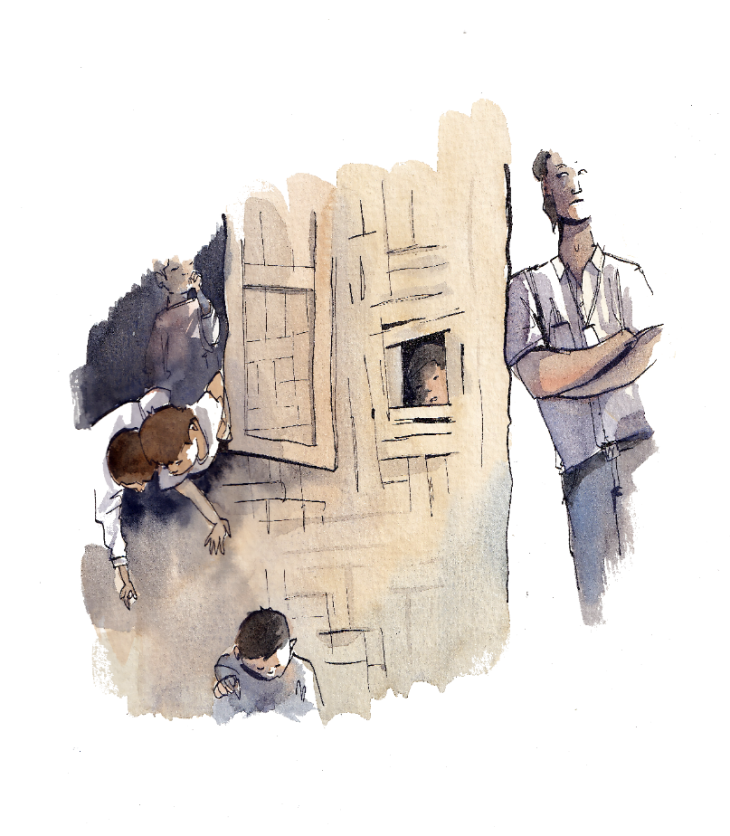In Part 1 of a 2-part series by Real Stories Not Tales (RSNT), Mai Lay speaks about his experience in Kachin state.
These posts are part of a collaboration between Tea Circle and Insight Myanmar to publish Report #2 by Real Stories Not Tale’s (RSNT). To read RSNT’s Report #1, visit Tea Circle’s posts here and Insight Myanmar’s posts here. Select stories from RSNT’s Report #2 have also been published on Insight Myanmar, and are available here and here. The full RSNT Report #2 will be available in Part 2 of this series. For all posts by RSNT featured on our site, check out the full list.

Mai Lay is a community school teacher. He was interviewed on July 14th, 2021.
I was working at a community school in northern Shan State when the coup happened. Before that, I studied in Yangon, did some volunteering, and also worked as a teacher and civic education trainer. I used to collaborate with different networks and organizations in order to provide training to the teachers at our school. Even during the Covid-19 pandemic last year, we were able to run a three-month-long training for the teachers and regular schooling for the students until August 2020, when the government announced the closure of all schools in the country.
I felt depressed when the coup happened. It was as if all of our plans were ruined in that one moment. My personal goal was to continue my postgraduate degree, but now I have no idea when I will be able to. Because of the coup, our generation is facing a terrible and chaotic period. The military has basically destroyed our education, since they have forced us to stop. I don’t want the next generation to experience anything like this, which is why I want to teach as much as I can. I know from my own experience that I have been able to accomplish more—both personally and for my community— because of my education.
I know from my own experience that I have been able to accomplish more—both personally and for my community—because of my education.
There are many different Kachin tribes living in this area, and the region is administered through a Kachin traditional ruling system, according to which people mostly obey their leaders, and since they didn’t protest, there haven’t been that many protests here. But the CDM has been quite strong because most of the teachers at government schools are from ethnic minority groups. Actually, this is a conflict-affected region, with both the Myanmar military and a number of armed groups present, some only for business purposes. I would say that around 90% of the area here is controlled by one armed group or another.
In the past few months, I had been planning to open a school for children from villages around here, but since the number of Covid-19 cases was on the rise, we had to create a kind of a home-schooling environment for the children instead. There are only a few children here now, basically those that could not go back to their remote villages. Since the parents of these children could not provide any education for them even if the children could go back home, they’ve asked us to keep the children here so they can keep learning. So, my daily duty is teaching these children. But I don’t want to talk much about my difficulties in the current situation, because I know everyone has their hardships.
As a peace builder, I have discussions with many different kinds of people, from different ethnic backgrounds. Personally, I want federalism. And I want the majority Bamar people to understand the situation of minority ethnic people in Myanmar, and to change their perspectives in this regard. There would be a lot of improvement in the country if the ethnic people could fully and freely practice their traditions and cultures. Education plays an important role in the federalism discussion. We also need strong civil society organizations in Myanmar. If we succeed in establishing federal democracy, we will become a model for the whole ASEAN community.”
There would be a lot of improvement in the country if the ethnic people could fully and freely practice their traditions and cultures.
Real Stories Not Tales (RSNT) is a dedicated team in and out of Myanmar that aims to bring awareness to the reality of young people’s lives since the Myanmar military staged a coup on February 1st, 2021. Stories are collected through interviews with each protagonist by the team, either in Burmese or in English. Each character is drawn by a professional illustrator bringing a visual context to the story. RSNT is an anonymous name that is used by the group to guarantee security to all parties involved in the collection of the stories.